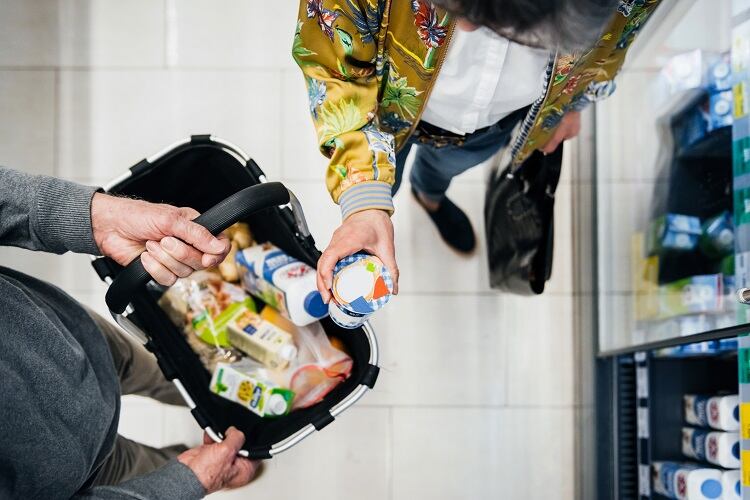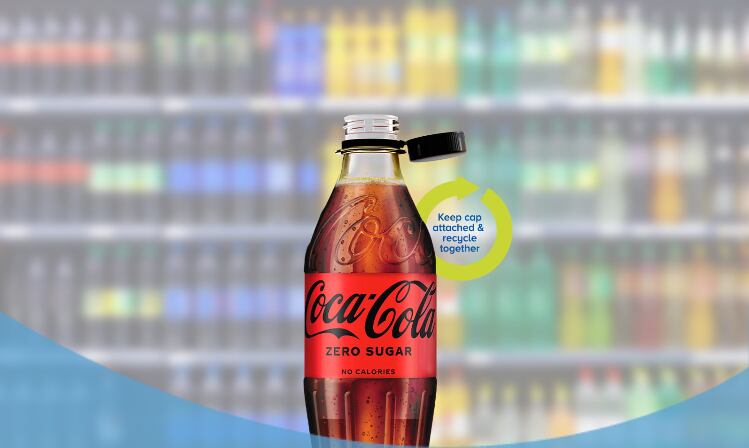In Europe, the cost-of-living crisis is rife. Food inflation across the bloc is expected to be over 12% by the end of this quarter, and consumers are feeling the pinch.
“The global economy is in flux. Supply chain issues linger, labour shortages persist, and inflation is rising,” according to Mintel. Economic uncertainty, together with the associated rising cost of goods, is forcing consumers to rethink budgets and discretionary spending.
Indeed, according to a recent Mintel Global Consumer survey, 40% of Brazilians say that the phrase ‘I have a budget that I try to stick to’ describes them well. A total of 85% of Malaysian adults say they have been affected by increases in food and drink prices as a result of inflation.
Shining the spotlight on packaging, Mintel has observed economic factors are amongst the key drivers shaping new trends across food and drink. How should packaging suppliers, and food & beverage makers, respond?
Adding value to food and drink products
In Mintel’s 2023 Global Packaging Trends report, the market research firm advises industry players focus on adding value to products, across the board. “With double-digit inflation common among G20 nations, consumers will look to brands to help them overcome economic-induced stresses with products and packaging that mesh with purchasing abilities and reflect value without compromise.”
A strong opportunity exists to present shoppers with packaging that represents financial value propositions, Mintel stressed. But quality must not be compromised. Further, offering convenience, freshness, safety and environmental responsibility will be a ‘differentiator at point of sale’.
Other opportunities exist in leveraging messaging, technology, and retail strategies to show consumers how packaging can stretch a budget.
Amcro LifeSpan Copper Based packaging film, which is currently sold into Latin American markets, is one such example. The film contains microparticles that ionise to inhibit the development of microorganisms inside the packaging and help extend shelf life by up to an impressive 250%. In helping to reduce food waste, the market research firm suggests the packaging help also help reduce purchasing dollars.
Price isn’t absolutely everything
Limited purchasing power is undeniably impacting consumer buying behaviour. But although costs of living continue to rise across global markets, Mintel is not convinced price – in the eye of the consumer – is the only deciding factor.
Consumers will not be motivated solely by low prices in 2023, predicts the market research firm. Rather, they will find value in affordable food and drink that promise other functions – such as nutrition.
According to Mintel data, 53% of Brazilian adults say they aspire to consume more nutritious food and drink, meaning products containing high quantities of vitamins and minerals.

“Adults across markets want to consume more nutritious products. Brands that offer affordable nutrition, with low preparation costs, will stand out as good value for money,” noted Mintel.
The market research firm added: “This means packaging manufacturers must enable clear communication of added value nutritional content and provide efficient portioning and product preparation, whilst still encouraging value-conscious consumers to take pleasure in food and drink.”
Communicating with ‘fatigued’ consumers
The cost-of-living crisis is also impacting how food and beverage makers communicate to consumers on-pack.
Today’s consumer is ‘fatigued’ and ‘overwhelmed’, according to Mintel, which puts this down, in part, to financial strain. Product communication should therefore be streamlined to the ‘essential selling points’ that matter most to consumers. “Simplification has dual drivers: consumers want to easily find products that fit their needs and save them money as the cost-of-living creases.”
Brands could benefit from inspiring consumers to embrace ‘new’ cooking methods, the market research firm added. “In the future, brands seeking to be trusting partners in the kitchen need to take energy consumption into account and deliver packaging that enables energy efficient cooking. On-pack energy-saving tips like avoiding oven preheating for stews and braises will add value for cost-conscious consumers.”
In South Africa, for example, food brand Shoprite has developed a ready to cook chicken product that can be prepared in the air fryer or microwave, as well as in the oven.
Easing costs associated with deposit return systems
Another potential financial strain for consumers is linked to a political, rather than strictly economic, factor: deposit return schemes (DRS)
In an effort to combat plastic pollution, policymakers are increasingly turning to DRS, whereby consumers pay a small deposit when purchasing a beverage in a single-use container. They get the deposit back when they return the empty bottle or can.
Successful schemes have been established in Denmark, Finland, and the Netherlands. Scotland is preparing to bring in such a scheme later this year, the UK’s Department for Environment, Food & Rural Affairs (Defra) has announced a DRS for beverage containers will start in England, Northern Ireland and Wales by October 2025.

Mintel expects consumers will ‘grow weary’ of the cost associated and/or additional inconvenience associated with such an initiative.
The market research firm suggests that packaging manufacturers, brands and retailers should invest in technologies, processes and systems that show greater value ‘without passing along costs to consumers’, while at the same time maintaining or increasing the levels of convenience associated with recycling and end-of-life packaging systems.



